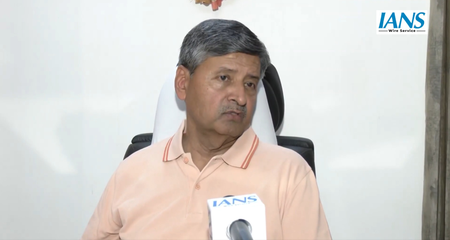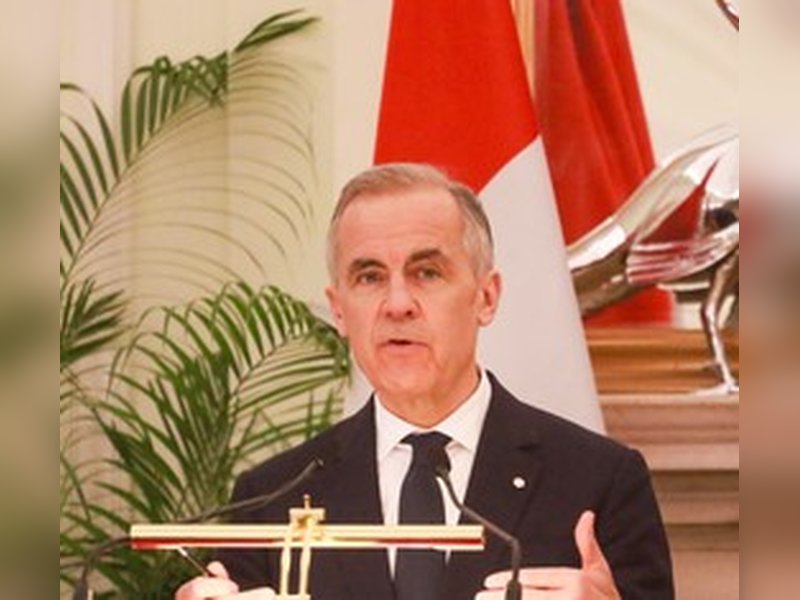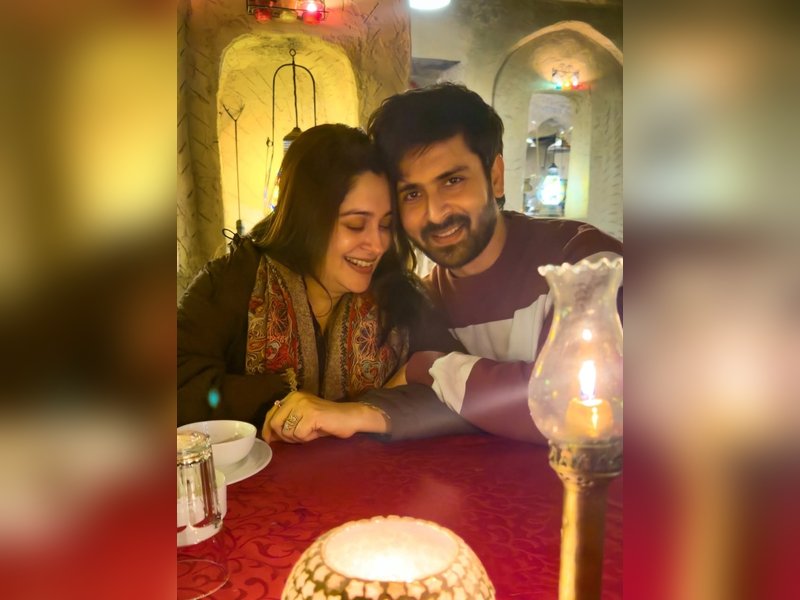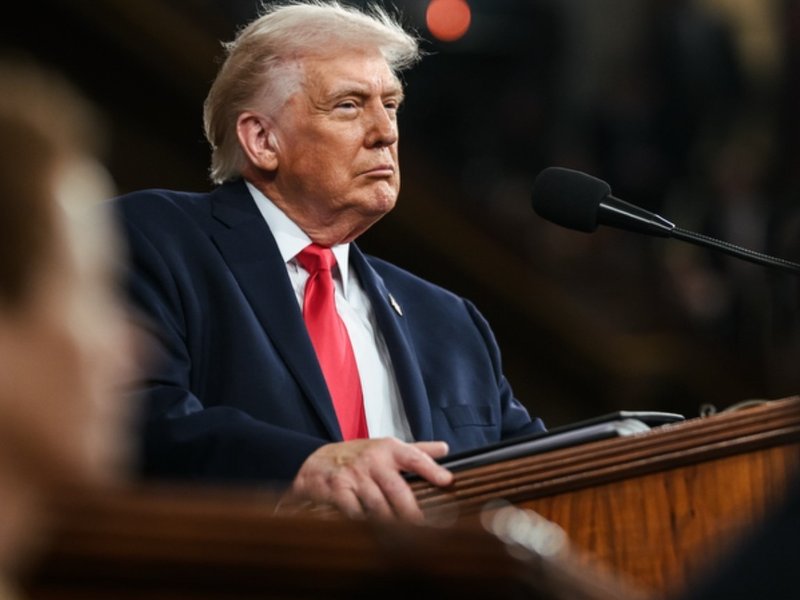New Delhi, April 19 (IANS) Amid the debate over Supreme Court’s recent observations bringing President actions under judicial review and its criticism by Vice President Jagdeep Dhankhar, apex court’s former judge Ajay Rastogi on Saturday dismissed the talk of ‘judicial overreach’ and reiterated the Parliament’s supreme power to amend provisions in the event of disagreement with the court’s views.
Talking to IANS, Justice Rastogi dismissed the narrative of the judiciary and the executive being on collision course, underscoring judges’ commitment to public welfare and their ability to withstand the perceived pressure due to dissection of their views.
“There is absolutely no pressure on judges. They function independently and fearlessly, no matter what the public thinks. We as judges work, with full commitment, in the interest of our institution and the public,” said Justice Rastogi, at a time when the Opposition and the ruling BJP have crossed swords over propriety in connection with the SC’s observations and its criticism.
Justice Rastogi also highlighted that the question of SC’s recent observations setting a ‘wrong precedent’ did not arise, and the top court has the option of taking a final call on issues.
“I don’t believe that it’s a matter of judicial overreach… or setting a wrong precedent. Each case has its own intricacies, and the court is always mindful of the fact as to which case deserves an interim order and which doesn’t,” he said.
Earlier this month, the top court, using its inherent powers under Article 142 of the Constitution, resolved a standoff between the Tamil Nadu government and Governor R.N. Ravi over the delay in granting assent to bills.
The apex court also termed the Governor's conduct a violation of the Constitution and specifically of Article 200.
In the process, the apex court, apparently, brought Presidential actions under judicial review by favouring a three-month deadline for granting assent to bills.
The controversy took a new twist after Rajya Sabha Chairman and Vice-President Jagdeep Dhankhar used strong words against the judiciary, comparing Article 142 to a “nuclear missile” available to the judiciary against democratic forces.
Former Union Minister Kapil Sibal called Dhankhar’s criticism an attack on the judiciary and a potential act of shaking public faith in courts.
--IANS
rch/dan











